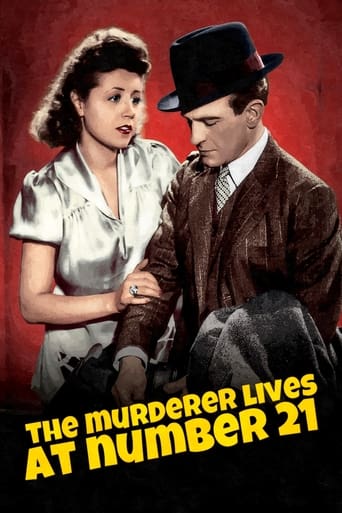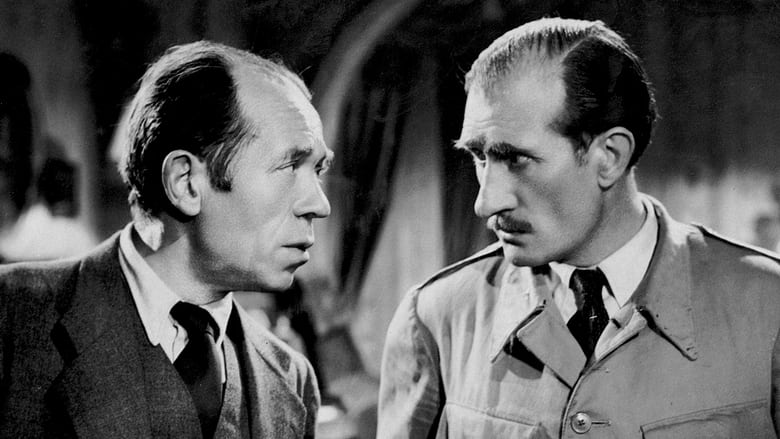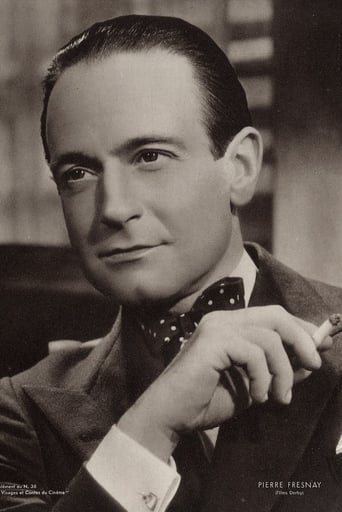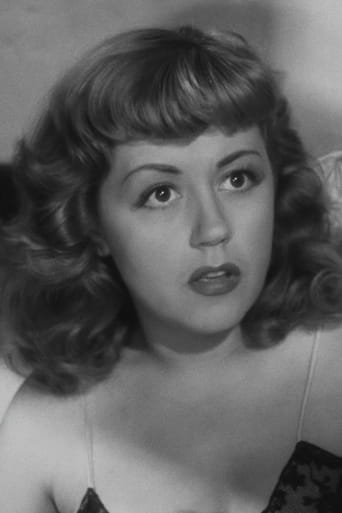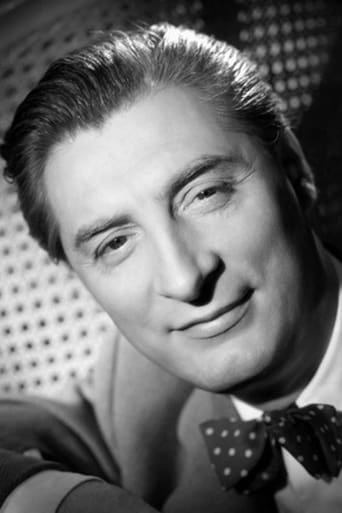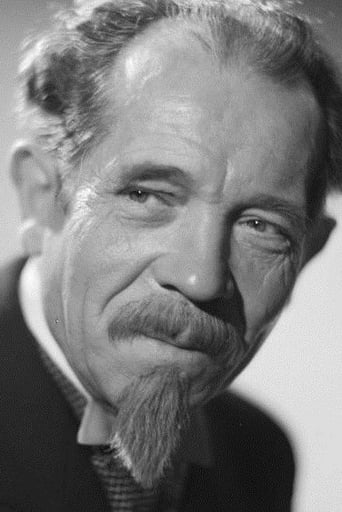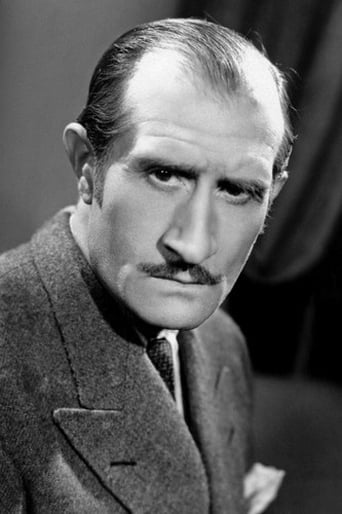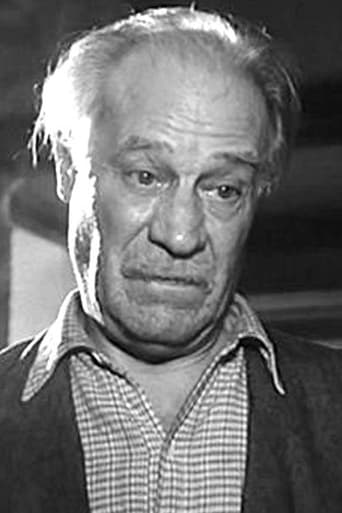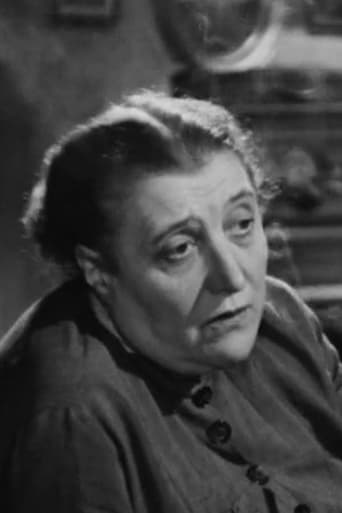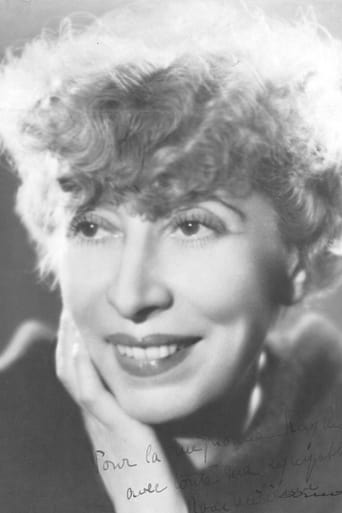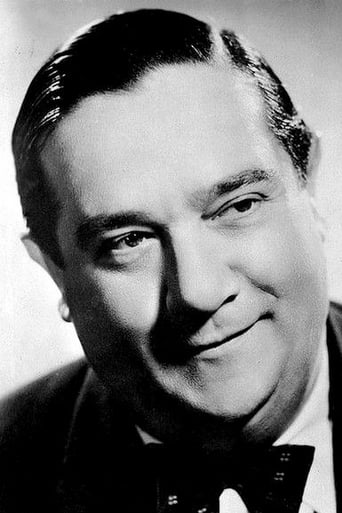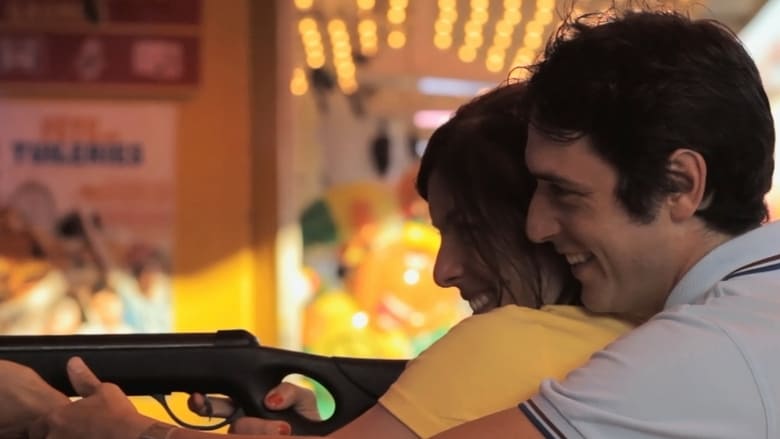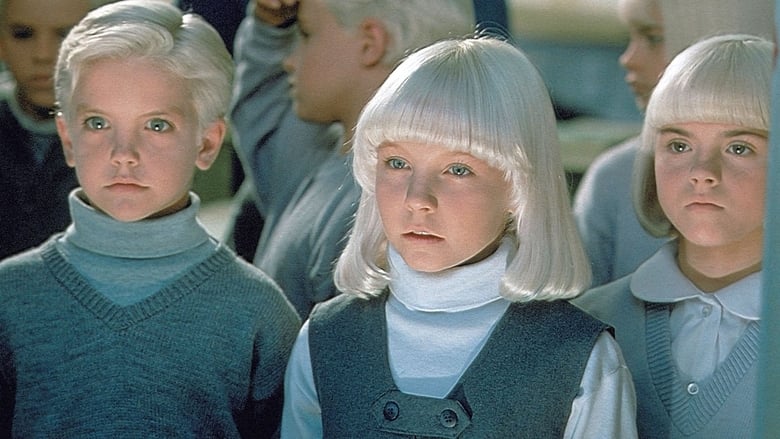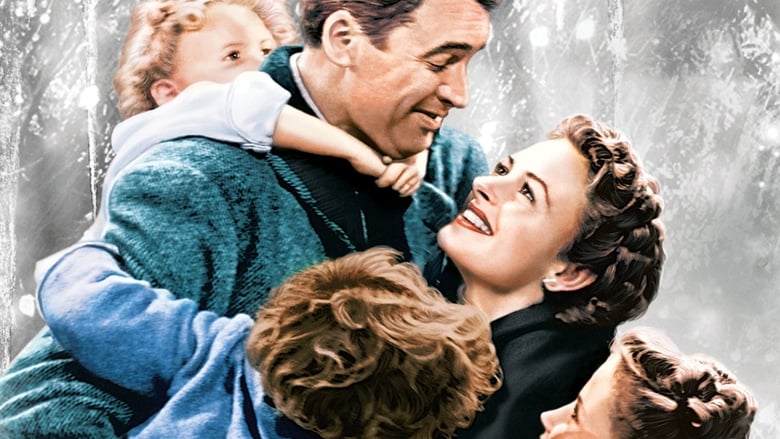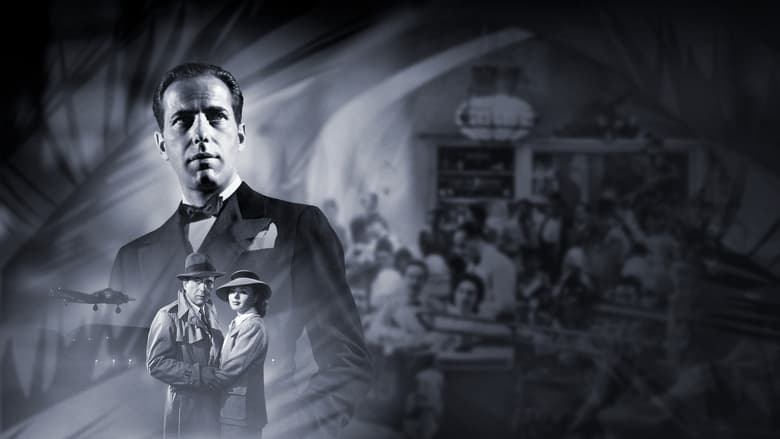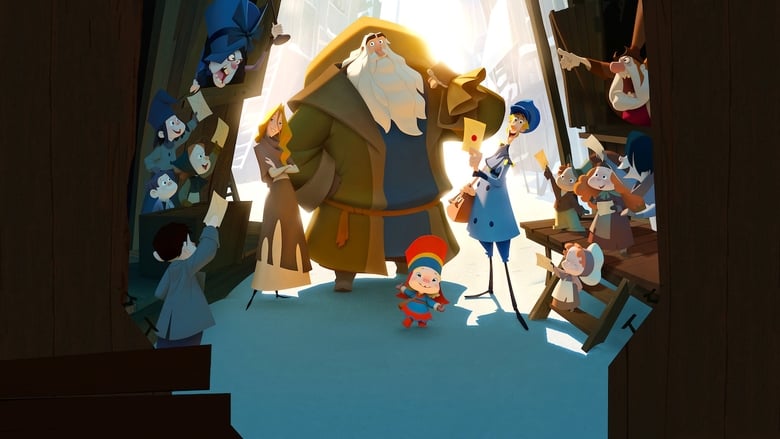Paris, France. Commissaire Wens follows the lead of a ruthless murderer to an unexpected place.


Similar titles
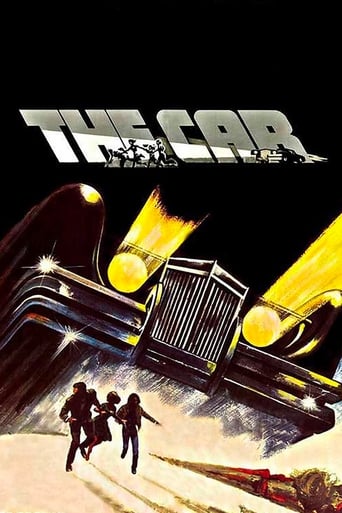
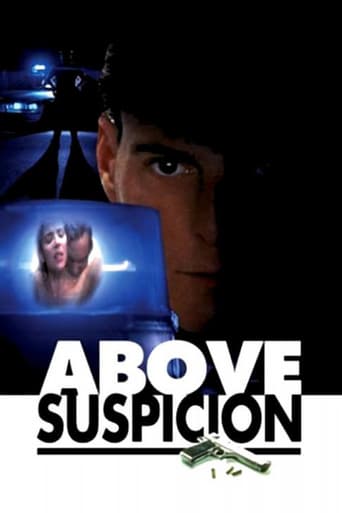
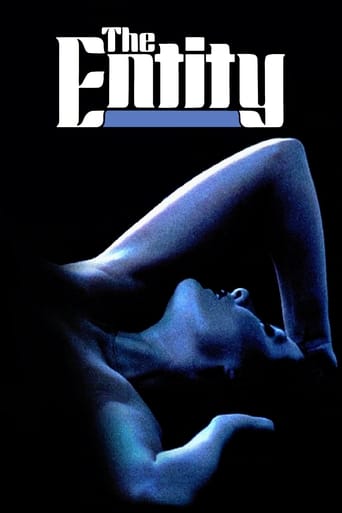


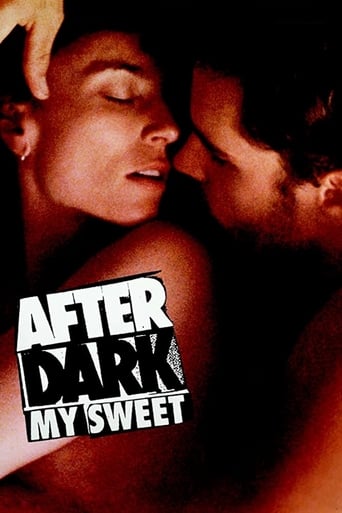
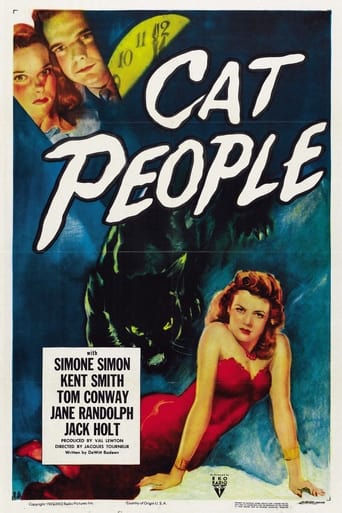
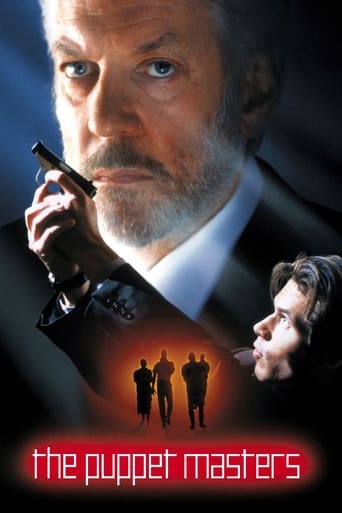

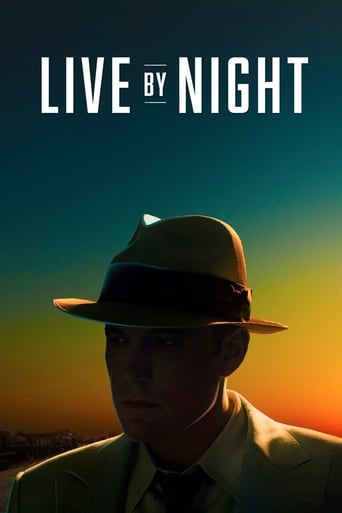
Reviews
Police inspector Wens is on the case of mysterious serial killer 'Monsieur Durand'. As he determines the killer lives on a boarding house, he goes there undercover... Only to be followed by his mistress, determined to help him.Quite a fun and effective detective thriller, more on the vein of Sherlock Holmes than a film-noir. Quite a bit of Hitchcock too, with a lightheartedness and comedic tries to go with the tension creating scenes; plus Pierre Fresnay does an excellent job as Inspector Wens, being witty and charming.The plot is good, the mystery develops nicely and never gets dull, and the explanation is satisfying; however, Henri-George Clouzot's use of his mistress, Suzy Delair, as a comic relief character was a really bad move. She is both irritating and completely meaningless, serving no purpose to the story; I actually fast-forwarded her singing scenes.A problem that I often find in Hitchcock's formula, though, is that the comedic attempts tend to fall flat and the indecision of whether he wants a thriller or a comedy undermines the end result. Thankfully Clouzot seemed to understand it, as he never made such a heavy use of Hitchcock's mood-lightening tactics again.Overall, despite the drawbacks created from its silliness and Suzy Delair's abysmal performance, "L'assassin habite... au 21" is still a nice, fun detective thriller. A good start to Clouzot's career and early proof of his talent.
This is a nice, light-hearted prelude to the masterpieces Henri-Georges Clouzot was to create in later years, starting right off in the following year with _Le Corbeau_.What unites both _Le Corbeau_ and _L'assassin habite au 21_, is the leading star Pierre Fresnay; he's excellent in both movies, although a lot more sombre in _Le Corbeau_ (of course), whereas here, he seems to be and behaves like a French variation of Cary Grant of the screwball era. (Indeed, he could have been intended to serve as just that, due to US movies being illegal in France at the time.) Another aspect uniting the two movies is their political sterility; no wonder, both having been made under German occupation of France; yet, funnily enough, it's possible to uncover political metaphors in both movies, although not as clearly here in _L'assassin habite au 21_, which is a comedy just as much as it is a murder mystery. So, you could try and uncover hidden meanings behind the police officers' "passing the buck" from one to another, everyone refusing to assume responsibility; or that (spoiler!) the culprit is shown to be a collective body of people, rather than an individual.The dialogues are witty, smart, fast-moving, and surprisingly fresh for a movie that is over 70 years old. Eroticism abounds. The supporting cast is nice, and Jean Tissier shines as Lallah Poor, the fakir.Very nice black-and-white cinematography, at times in pointedly plush settings (as if to distract the cinema-goers from the ongoing war); you get a nice overview of fashion of France in the early 1940s; see not just all the ladies in the movie (including the "matron" character played by Odette Talazac), but also the three little girls (the grocer's daughters) giggling in the audience -- where would you find kids dressed elaborately like that nowadays? Even though this is (also) a comedy, you can sense that the director has the touch for the "noir"; the scenes in Paris back alleys (particularly the murderous one at the beginning of the movie, shot from a unique "first-person" perspective) already show the proper atmosphere that was to make Clouzot famous in his later films. On the whole, therefore, _L'assassin habite au 21_ is a curious mixture and integration of at least 3 elements, each of them succeeding in its own right: comedy (particularly in exchanges between the detective and his girlfriend); Agatha Christie-like whodunnit; and noir overtones -- as if always looming in the background, and something a lot more sinister than your typical cozy domestic murder-mystery. The culprits are shown to be thoroughly nasty human beings, as if the director wanted to suggest: they are the rule, dear audience, rather than exceptions.The movie is only 84 minutes long, but feels longer due to all the rapid talk, fast action and rich content. Although _L'assassin habite au 21_ may not be great art, it's definitely an example of quality entertainment.
To all intents and purposes this WAS Clouzot's first directorial effort though technically he had three previous credits (one a short) in the very early thirties. The decade or so he spent writing screenplays for others to direct wasn't wasted so that when he became a hyphenate writer-director he turned out three masterpieces one after the other (L'Assassin habite au 21, Le Corbeau and Quai des Orfevres). This first entry transposes a novel set in London to Paris - presumably because the German-owned Production company Continental dictated so - creates a plum role for his then girl friend Suzy Delair and has a little fun with a popular genre. In short there is a serial killer on the loose with a penchant for leaving a calling card bearing the name M Durand at the scene of (presumably) his crimes. Attempting to get to the bottom of it is a detective who's a sort of cross between Philo Vance and Nick Charles, i.e. he lives in a plush apartment which suggests independent means a la Vance and indulges in some light banter with his girl friend a la Charles (although, of course, Nick was married to Nora). A tip leads him to a rooming house peopled by characters probably listed as 'off-the-wall' at Central Casting. The mood is gently satirical but the in-fighting amongst the police may well have been a comment on the state of a nation under Occupation as the 'everyone is guilty' solution was almost certainly an attack on the 'informer/collaborator' syndrome prevalent at the time. When viewed with Clouzot's next film, Le Corbeau, a much more 'serious' take on a similar theme - with 'poison pen' letters substituting for physical murder - the veiled comments on French society become much clearer. A great start to a great directorial career.
Henri-Georges Clouzot is generally considered cinema's master of misanthropy, with 'Le Corbeau', 'Les Diaboliques' and 'The wages of fear' standing as damning testaments to all that is mean and ugly in human nature. 'L'assassin habite au 21' may surprise fans of his work with its light, parodic tone. The assassin is M. Durand, an unseen serial killer who always leaves his calling card at the scene of the crime. Durand is not just elusive, but seems to be able to be in all places at all times. Political pressure is put on the police to get to the bottom of the case, with Inspecteur Wenceslas 'Wens' Vorobechik, a dandy living in an unexpectedly plush, Astaire and Rogers-type house, complete with maid, and live-in lover, the brash Mila Milou, a slappy Jeanette MacDonald-wannabe desperate for a job. A tip-off leads Wens to a boarding house, peopled by a rare band of eccentrics (an elderly unpublished authoress, a disgraced abortionist, a magician, an artisan, the landlady, and a bizarre butler who does animal impressions). Wens disguises himself as a pastor to try and uncover the murderer, but every time he thinks he's caught the murderer, another homicide takes place.From the very first shot, a spookily creaking door overemphasised by the music and shut be an indifferent barman, we know we're closer to the comic-fantasy crime world of Carne's 'Drole de drame' than any of Clouzot's later, bleakly inexorable classics. The pantomime aspect of the plot, with its suave killer, eccentric suspects, foppish investigator, is emphasised by the references to theatre throughout - Mila's singing; Wens' disguise; the soirees at 21; the magician's elaborate room and show (framing an excellent murder); and the final concert that provides background for the climax. Fun is also to be had in the bickering between the central lovers, and the spineless buck-passing within the police force.This last gives a clue to the film's true worth. 'L'assassin' was produced during the Nazi Occupation of France, a difficult time for Clouzot, whose next film, the savagely satiric 'Le Corbeau', was denounced by the Resistance as pro-Nazi. It might seem jarring to see comically buffoonish policemen, when we know outside the cinemas the Gestapo are out collecting fodder for concentration camps, but Clouzot manages to smuggle in darker truths. The opening murder, where the drunken lottery-winner is relentlessly stalked and finally stabbed, is shot, unedited, from the point of view of the killer, and so may be the first slasher sequence in movies; but a film where the camera has been the authority, the equivalent of the third person narrator in a novel, and the point of view has been usurped by a faceless, undefeatable killer, randomly slaughtering in a familiar environment, has obvious resonance in a France under the terror of the Nazis.Ditto the plot resolution. The narrative, albeit comically, utilises the old-fashioned puzzle format (e.g. Agatha Christie), where crime is concentrated in an artificial setting, is rooted out by a clever detective, restoring order. In Clouzot's film, it's not just a fact that every one's a suspect: every suspect is a killer. Again, in a France where good bourgeoises were informing daily on their neighbours, Clouzot's film or solution isn't very far-fetched. The 'singular' assassin of the title looked at this way is not a deception, but a finger pointed at the whole of France, just as 'Le Corbeau' would a year later.
